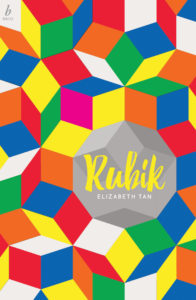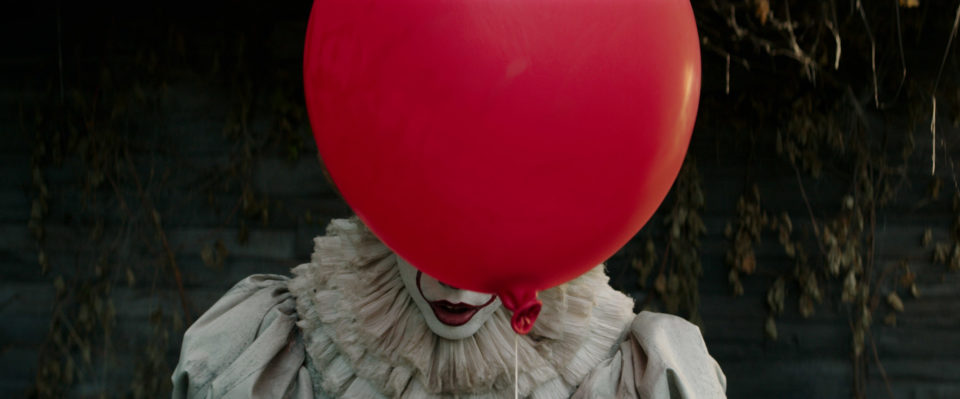Pretty much everything written about Elizabeth Tan’s novel-in-stories Rubik has been glowing praise – although upon its release, she suffered a couple of somnolent reviewers who cautioned that reading her book might make you think.
It’s been dubbed experimental fiction. Whatever that means anymore. Often, experimental fiction is a term used for sweeping dismissal. But Tan’s debut is a dreamy, atmospheric, and prophetic story that is, above all, boundless in its vision and evocation.
In the first story, Tan imagines the uncomfortable reality of what happens when Elena Rubik dies – but her social media avatar survives.

‘Rubik’
Her best friend Jules Valentine scrolls too far down her contact list and messages Elena instead of Edward, then halfway through writing an apology remembers Elena dead. A Facebook notification indicates that it’s Elena’s birthday, and it’s only after clicking on her profile to say Happy Birthday and hearing the news that friends begin to grieve.
From there, Elena proceeds to haunt the novel in myriad ways – as donated eyes, an undeleted phone number, as Rubik3 on a fanfiction online forum, an uncanny digital glitch – and her death sets in motion a sequence of events that end in cataclysm.
Jules Valentine, obedient IKEA retail slave, is interviewed for her infamy as an Internet meme called ‘falling girl’ – a snapshot from Jules’ acting in an indie-film-turned-shameless-marketing-ploy that went viral.
A piano teacher cursed with nightmares of music dreads facing her greatest fear: playing her instrument for the first time in years. When she inexplicably vanishes, Peter Pushkin, an anxious, sad schoolboy terrified by the unexplained disappearance of his music teacher, fumbles to solve the mystery.
A lonely receptionist becomes entwined in a hilarious, confessional war of attrition with an automatic spam email trying to sell her the elusive product, Seed.
Beneath it all, amorphous corporations work hard to incite, well, something… No one can figure out what they’re up to, even though their business seems no more sinister than brainwashing people into consuming as much as they can in the local supermarket, or converting a school’s anthropomorphic play into a fruit one.
While the stories are fixed in a kind of modern, hipster-infested, techno-saturated Perth, Tan has stretched her story universe to feel as though it could be any metropolis, both futuristic and not.
Everyday reality is portrayed with wide-eye imagination inflected by a healthy dose of technology paranoia.
Her stories evoke so many class writers that any attempt to mention them all will end up sounding like lip service. At its core, this book shares the whacky paranoia of Pynchon novels, with a flair for Murakami-esque surrealism, and a humour and sensibility that is refreshingly Aussie millennial. The worlds of the living and dead crossover and intrude, and sometimes a ghost from the past can’t help but barge into a story that isn’t theirs.
With David Foster Wallace cheek, Tan bends time and effortlessly glides between perspectives. Time is her Play-Doh. And while the narrative arcs are submerged, it’s best to think of the novel like Rubik’s Cube, a labyrinth of tessellating meanings, a puzzle of psychedelic colours that require concentration and cunning to decipher.
Doubtless Tan is one of Australia’s most hilarious and original writers. Her stories bring to life the vapid white noise emitted by modern day corporations and internet memes and a generation in soft decline. Rubik speculates that while society is cursed by apathy and alienation, it’s certainly not empty. And Tan is just the writer to do it, since her style of social commentary is deft enough not to moralise, but rather to tear open a portal into a possible future so we can witness it for ourselves.





